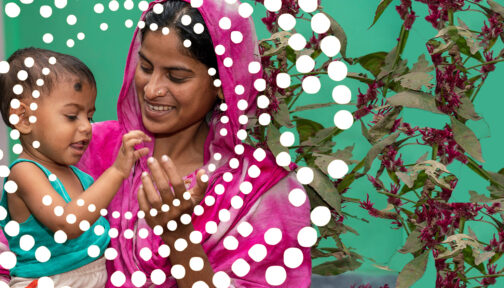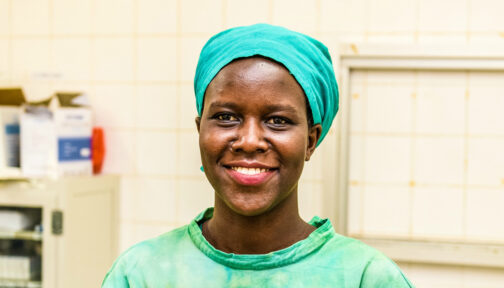Eye Health Equals
One billion people have a visual impairment that could have been prevented or could still be treated. If the world’s eye care needs were met, the impact would be astounding.

A manifesto for change
Eye health is about more than sight – it’s about a vision of the future.
To achieve the UN’s global Sustainable Development Goals (SDGs), eye health is essential.
Why? Because good eye health has a ripple effect, improving education, economic and health outcomes.
But unless it is recognised as a vital part of the bigger health and development picture, our efforts to achieve the SDGs and universal health coverage will fail.
The change we seek is ambitious, but achievable. It requires governments, donors, decision-makers, NGOs and other partners to work together to:
Recognise the importance of eye health in achieving development goals and universal health coverage
Integrate eye health into global and national health, education and employment policies and programmes
Invest in inclusive eye health services, with particular focus on women and girls
Eye health equals opportunity, allowing children to learn and adults to earn. It equals improved wellbeing: supporting families, communities and nations to thrive. And it equals progress towards reducing poverty and inequality.
The promise of the Sustainable Development Goals is a world where no one – regardless of gender, disability, age, income or status – is left behind. Eye health equals a crucial chance to make that promise a reality.
Join our campaign and reveal what eye health equals to you by sharing on social media. View our social media toolkit
Learn why the Sustainable Development Goals are key
What are the SDGs?How we’re making a difference

Going beyond health: the role eye care plays in the SDGs
Impacting numerous Sustainable Development Goals, eye health has a ripple effect that improves gender equity, education, economic and health outcomes. Sightsavers’ health policy adviser shares practical guidance for eye health and the SDGs.

Why eye health is crucial for universal health coverage
Everyone will require eye care services at some point in life, but universal health coverage cannot be achieved unless all people have affordable access to eye care. Sightsavers’ health policy adviser shares practical steps on integrating eye health into UHC.

It started with a tuk-tuk: Shamima’s story
Shamima, who has hearing and speech impairments, was able to access vital treatment after her sister heard about Sightsavers’ free eye camps via a local tuk-tuk campaign.

A day in the life: the only ophthalmologist in Karamoja
Cataract surgeon Gladys Atto is an everyday hero, saving sight and building long-term eye health services in Uganda to ensure everyone can get the treatment they need.

“Thank God for giving us a mother who loves us so much”
In Nigeria, one community is home to a family in which nearly every member has experienced visual impairment.

“Now I know what a gift sight is”
Arif’s life changed when he had two cataract operations at five years old. We've been following his journey since then, from completing his education to finding work as a driver.
When small ripples make big waves
In a village in southern Malawi live Wilson, Ganizani and Alice. Their story shows how the impact of one eye operation can spread throughout an entire community, changing lives as it goes.
Read their story